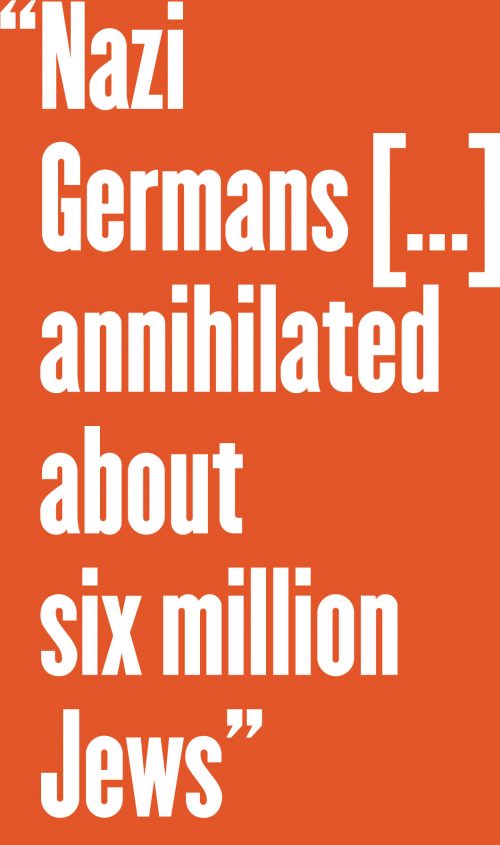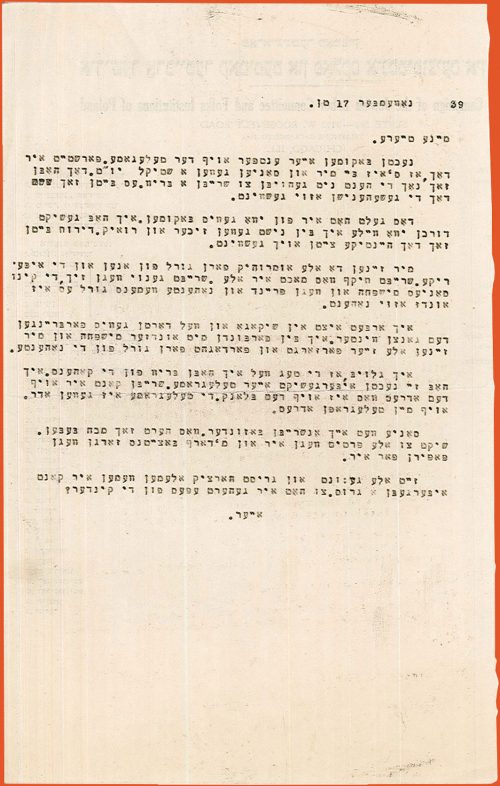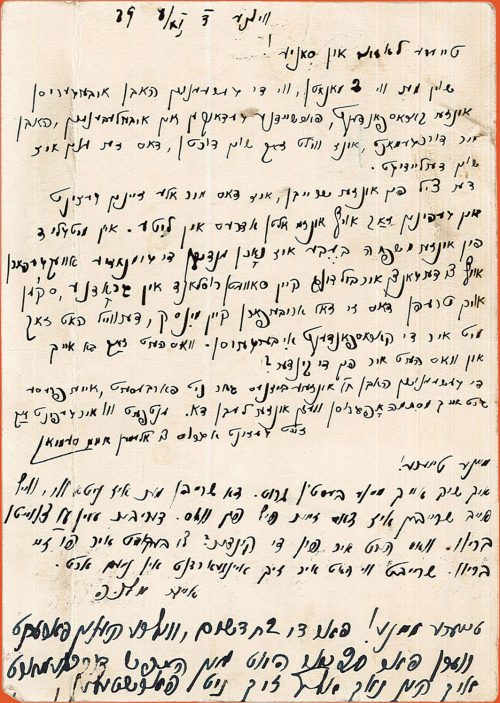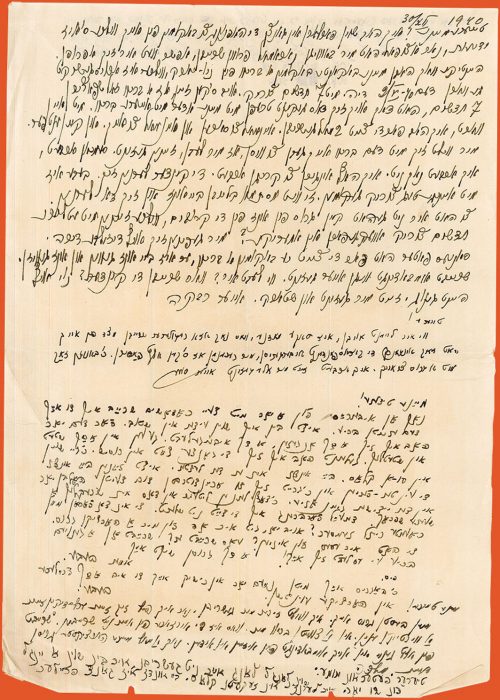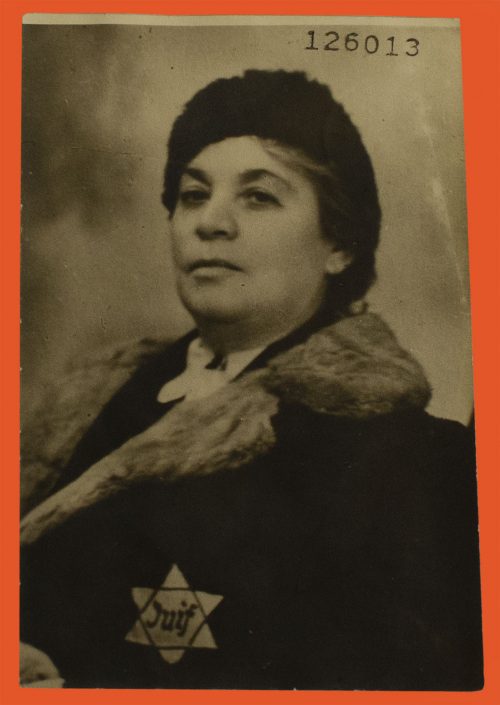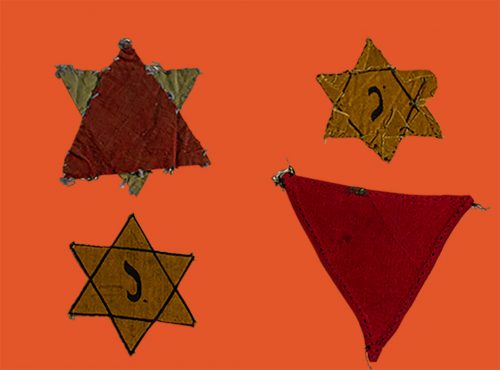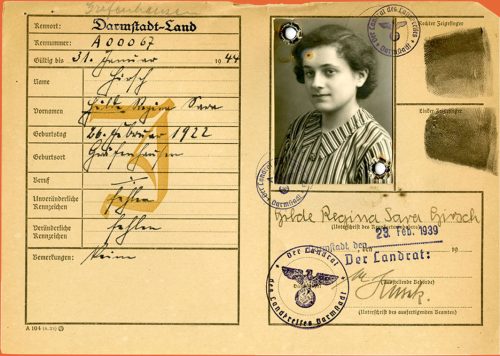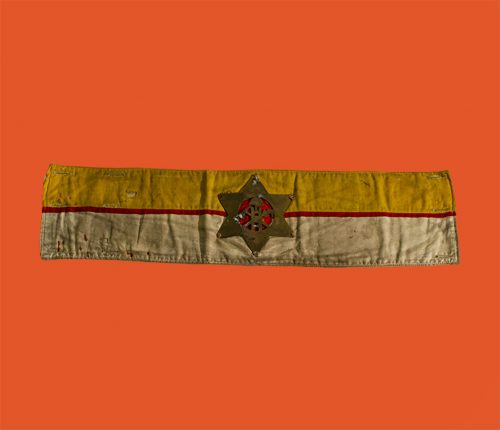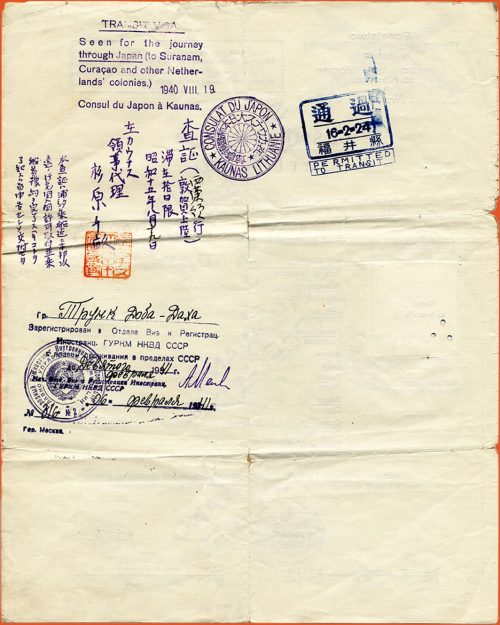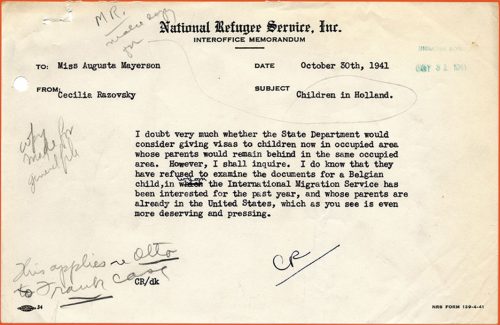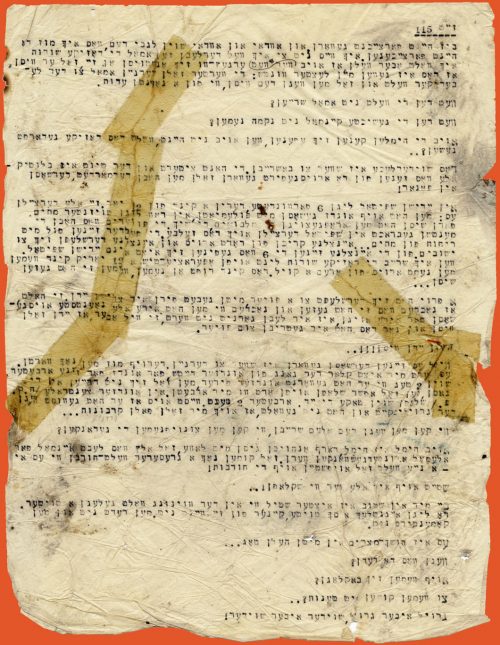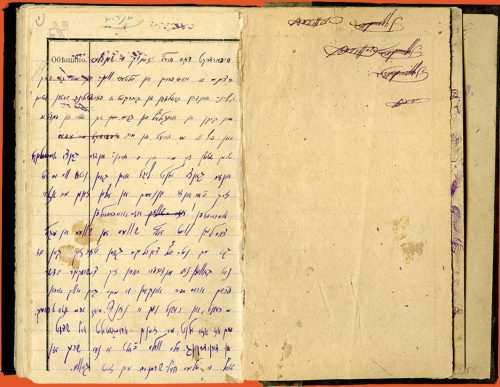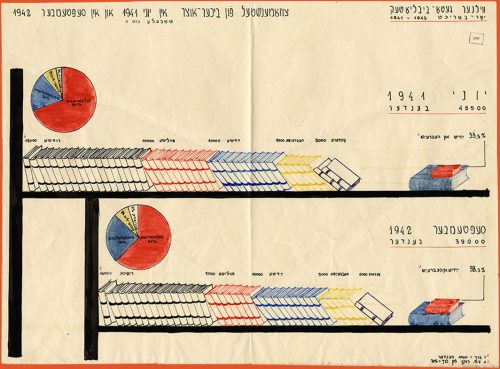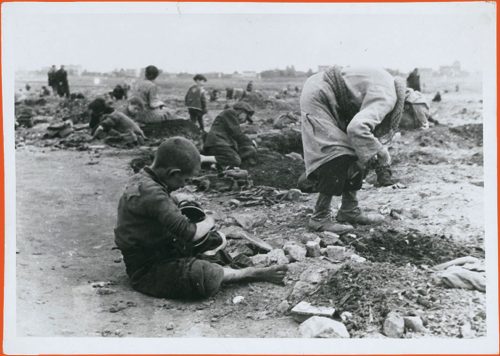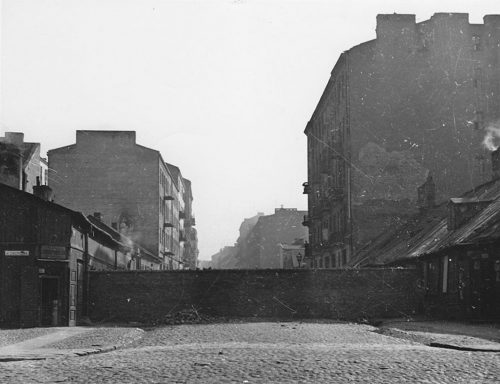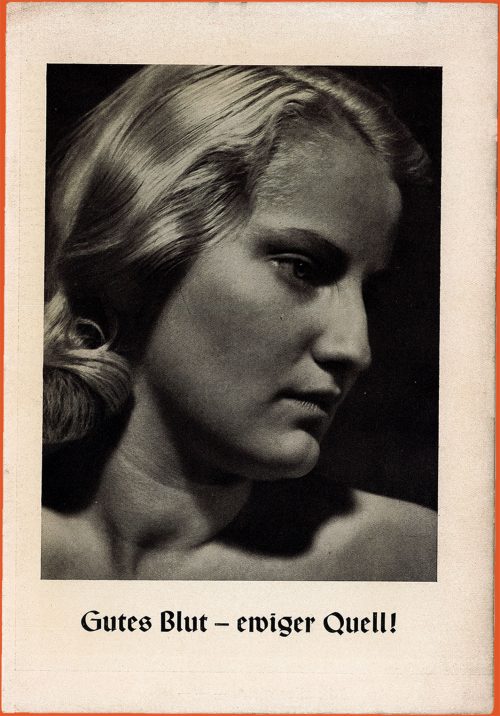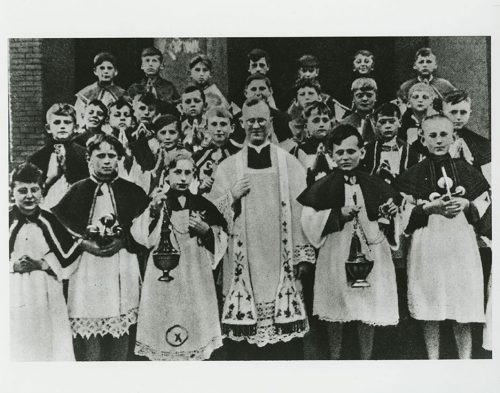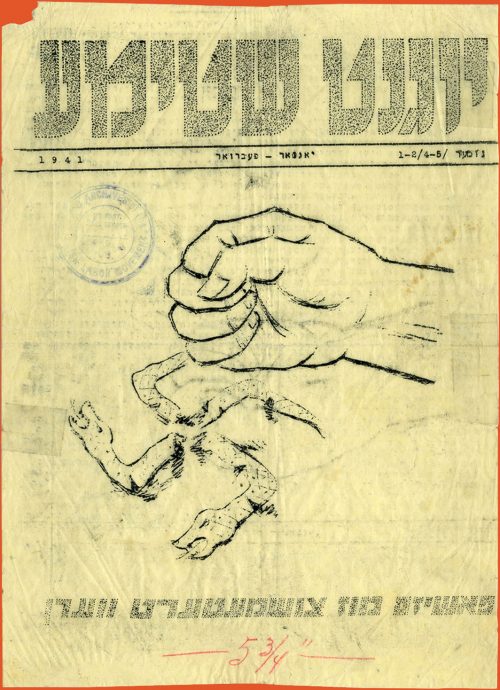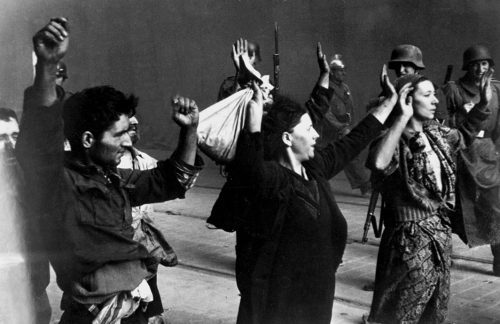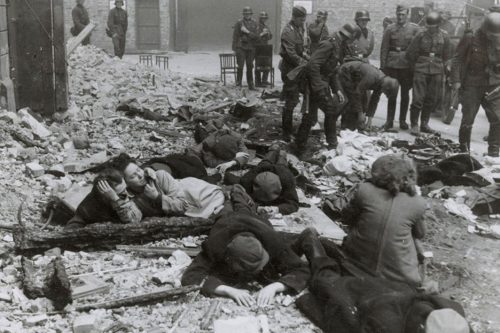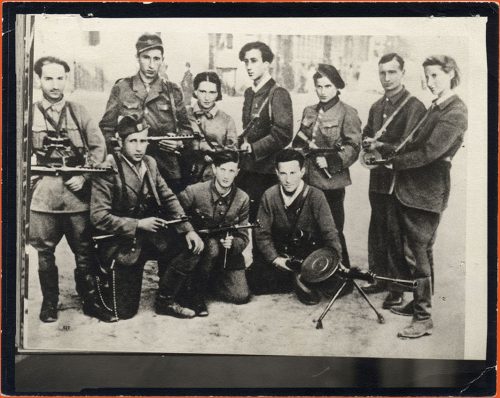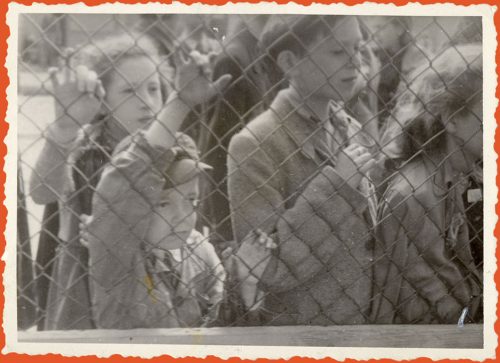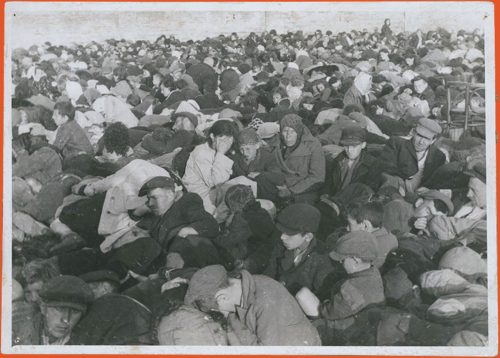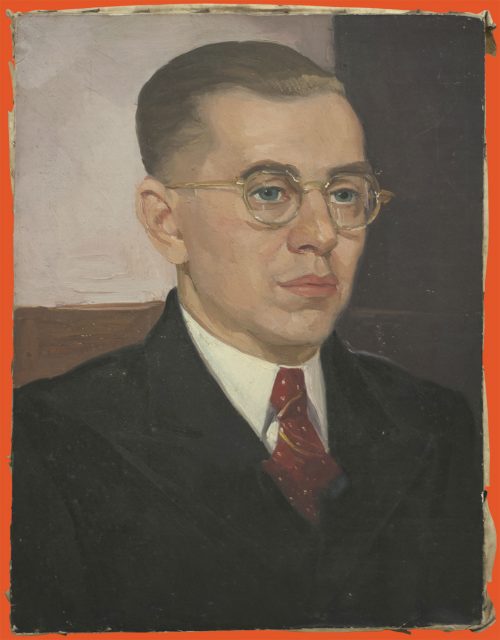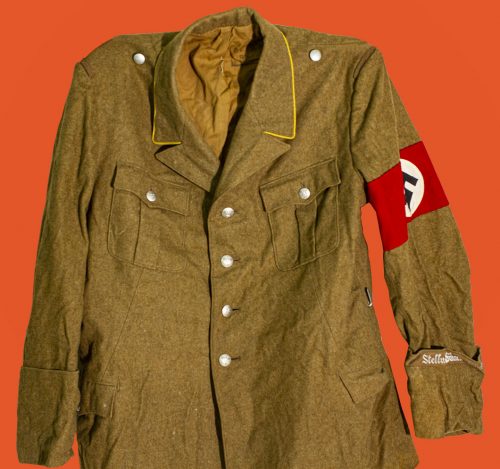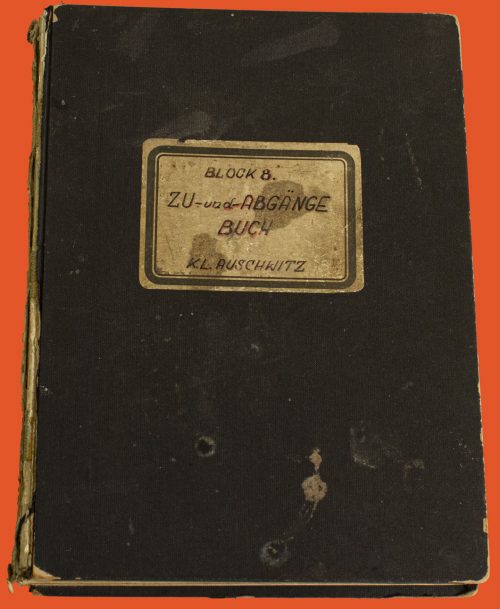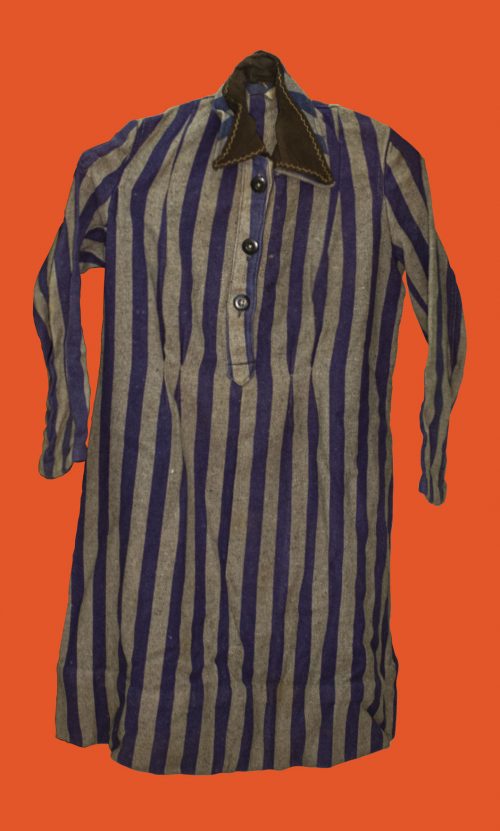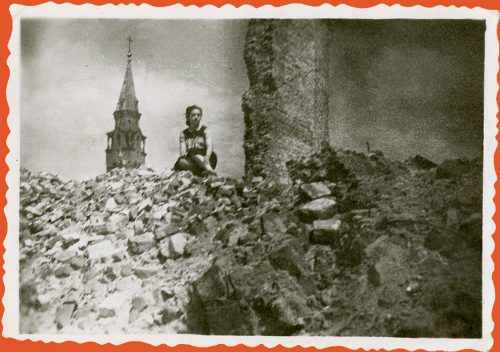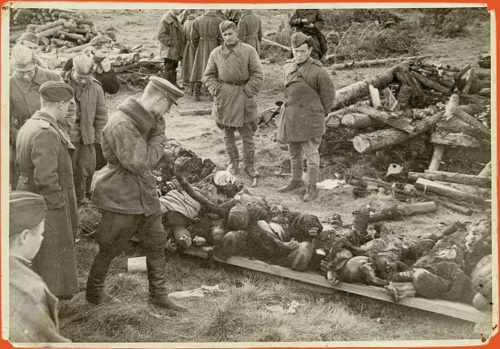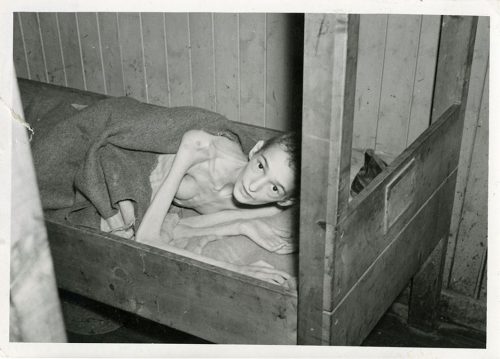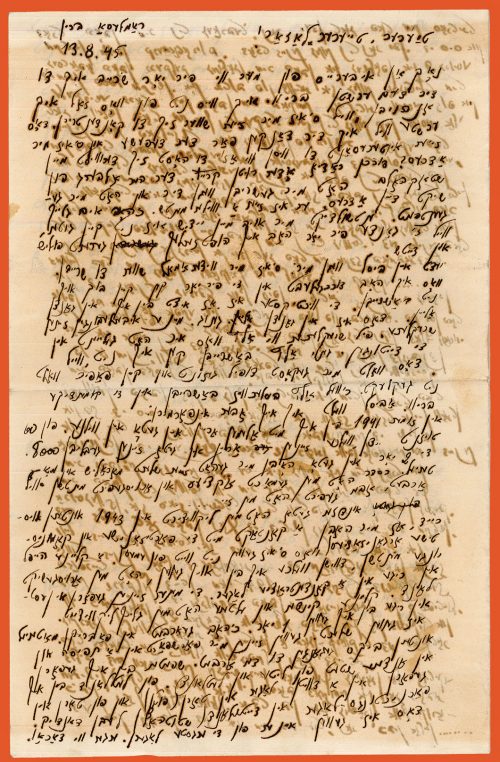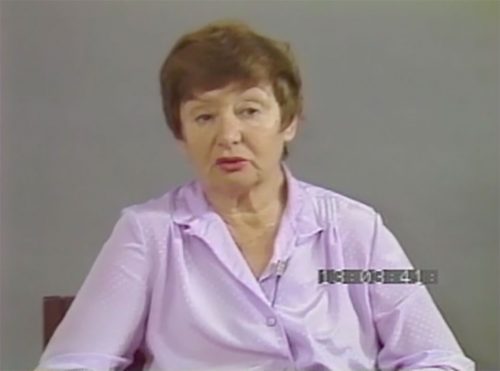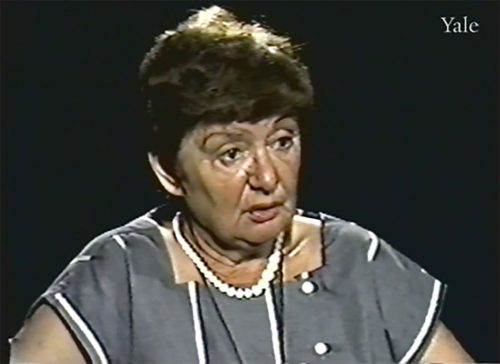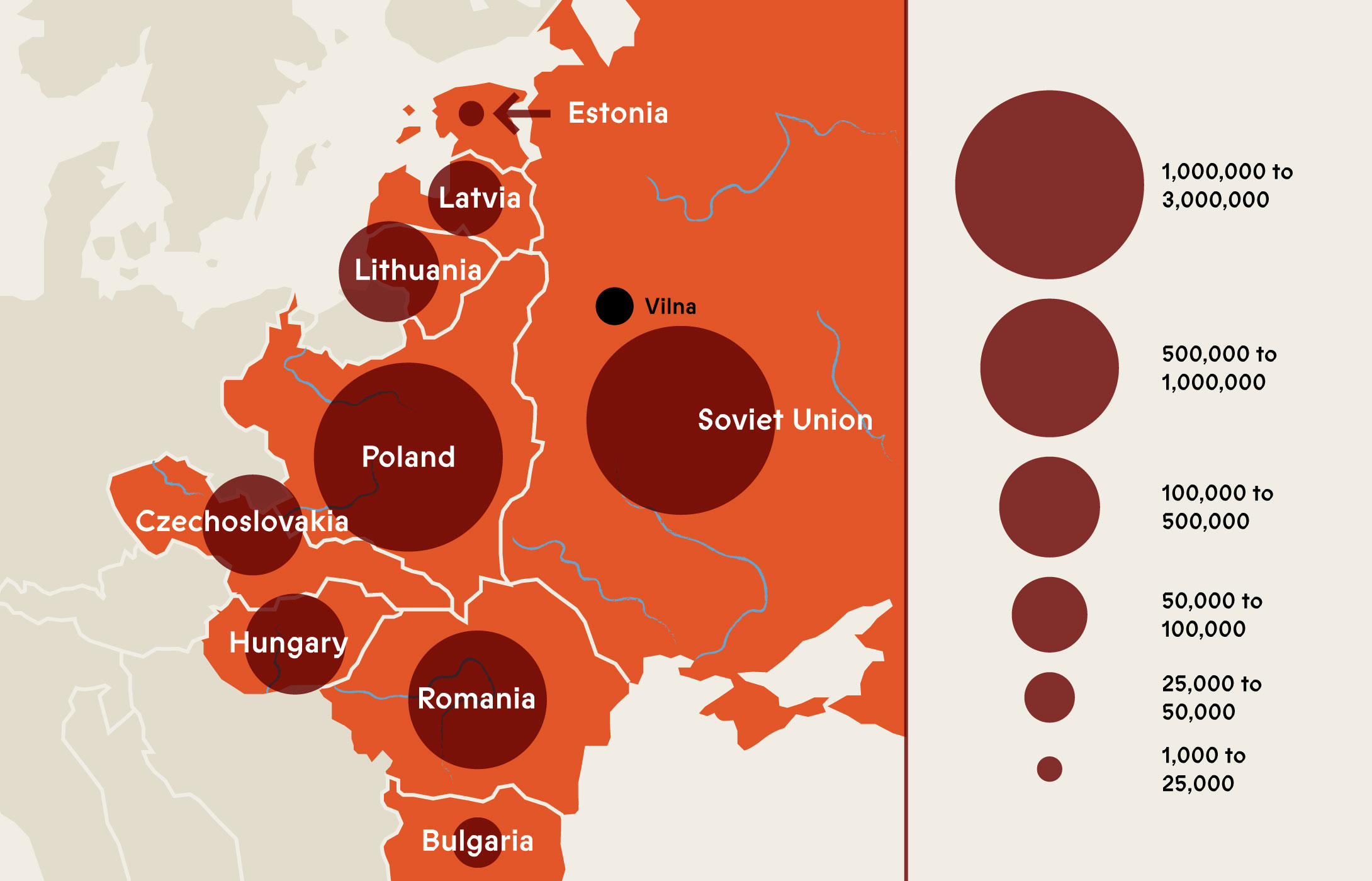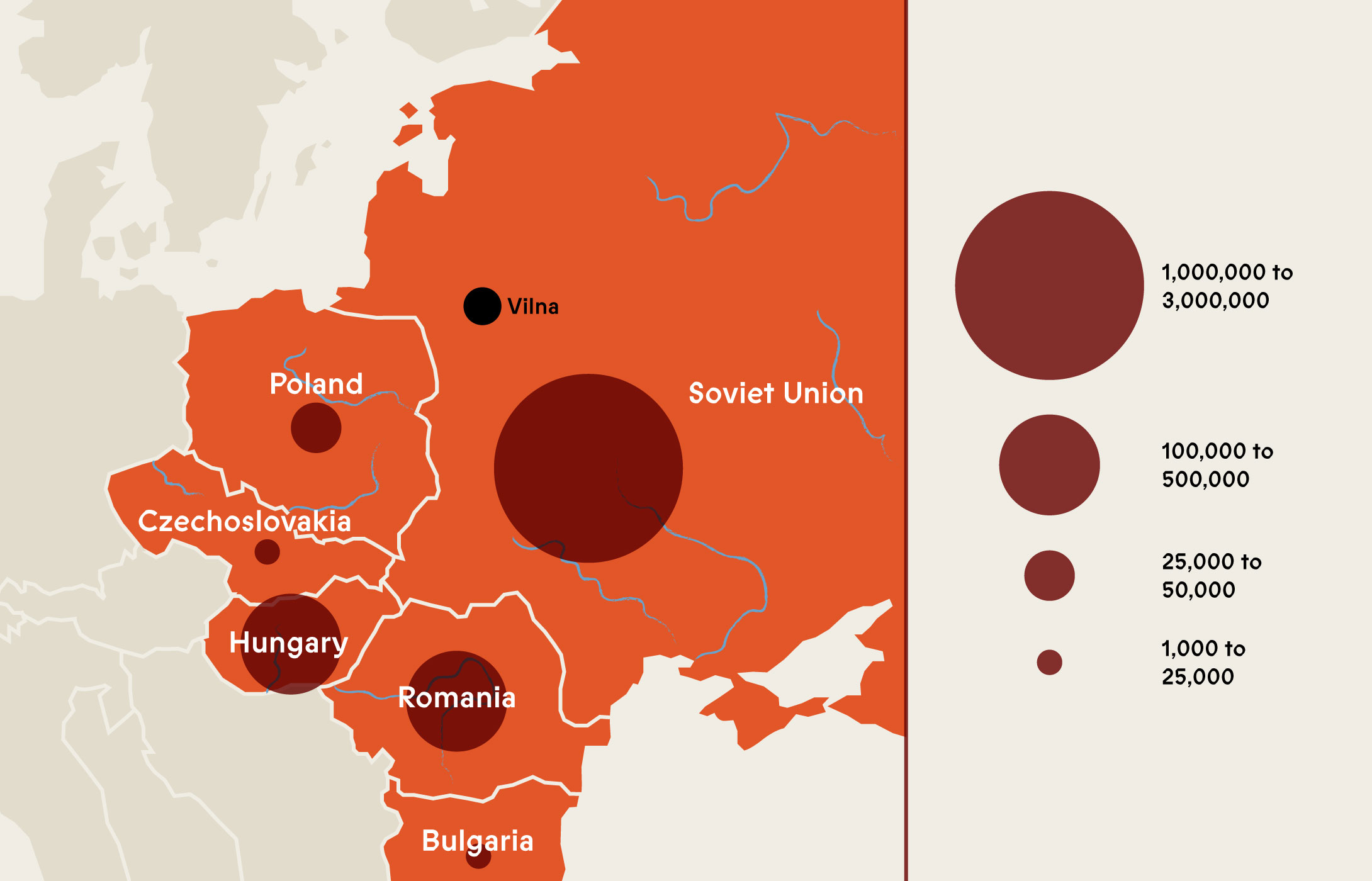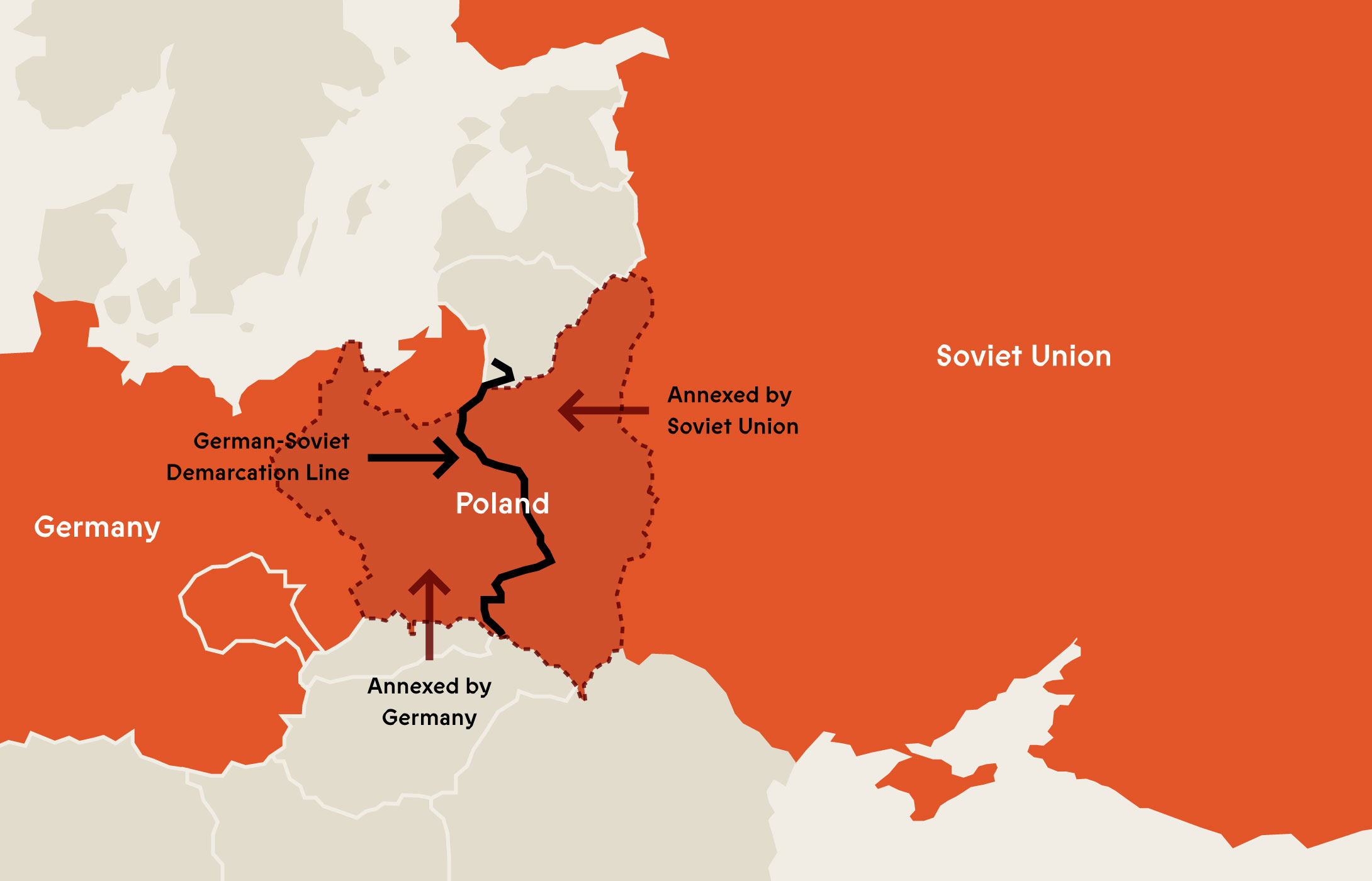The Horror
World War II was the largest and most destructive conflict in recorded history. The majority of the world’s countries were involved, and some of it took place right in Beba’s homeland. Here Beba will share her account.
Part I: A new country and turbulent events
World War II begins. Germany and USSR invade Poland.
The enormous conflict was first set in motion on August 23rd, 1939. That’s when the Union of Soviet Socialist Republics, headed by Russia (USSR), also known as the Soviet Union, signed a nonaggression pact with Germany. This pact ensured that neither Germany nor the USSR would attack each other while they were both invading Poland from opposite directions.
On September 1st, 1939 the German Army invaded Poland. England and France, both Poland's allies, declared war on Germany two days later. Despite heroic resistance, Poland collapsed in weeks and the Polish government went into exile. First in France, and then in England. On September 17th, the Soviet Army invaded the eastern part of Poland.
On October 10th the Soviets transferred our city, Vilna, to independent Lithuania. In exchange they would establish Soviet military bases in strategic parts of Lithuania. Our city was renamed Vilnius and became the capital of independent Lithuania. We suddenly found ourselves in a different country, even though my city remained the same. The thing is, we knew nothing about the new official language, or the history of Lithuania. There was a Lithuanian minority in Poland. But there was a great deal of prejudice against them. Some people say the Lithuanians weren’t allowed to speak their language in public.
There was initial chaos. We had no communications with the outside world. We got some news from the refugees who arrived in Vilna, Vilnius actually. Sorry, it took us a while to get used to the new name of our city! Around 15,000 Jewish refugees made their way to Vilnius right after the war broke. Men, especially Jewish men, had been advised to leave Warsaw to avoid falling into the hands of the Germans. These men told us stories of perilous journeys through war-torn Poland.
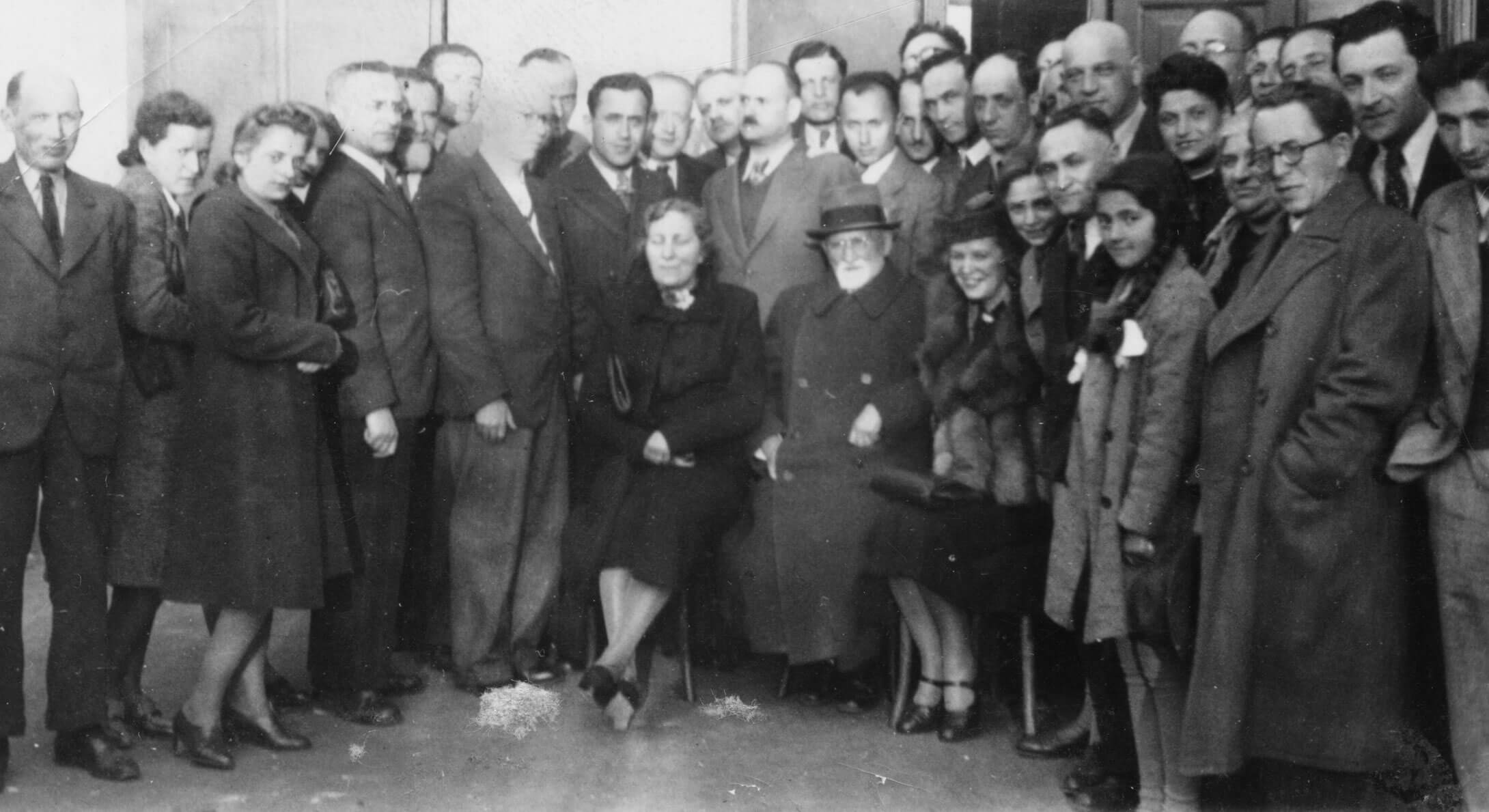
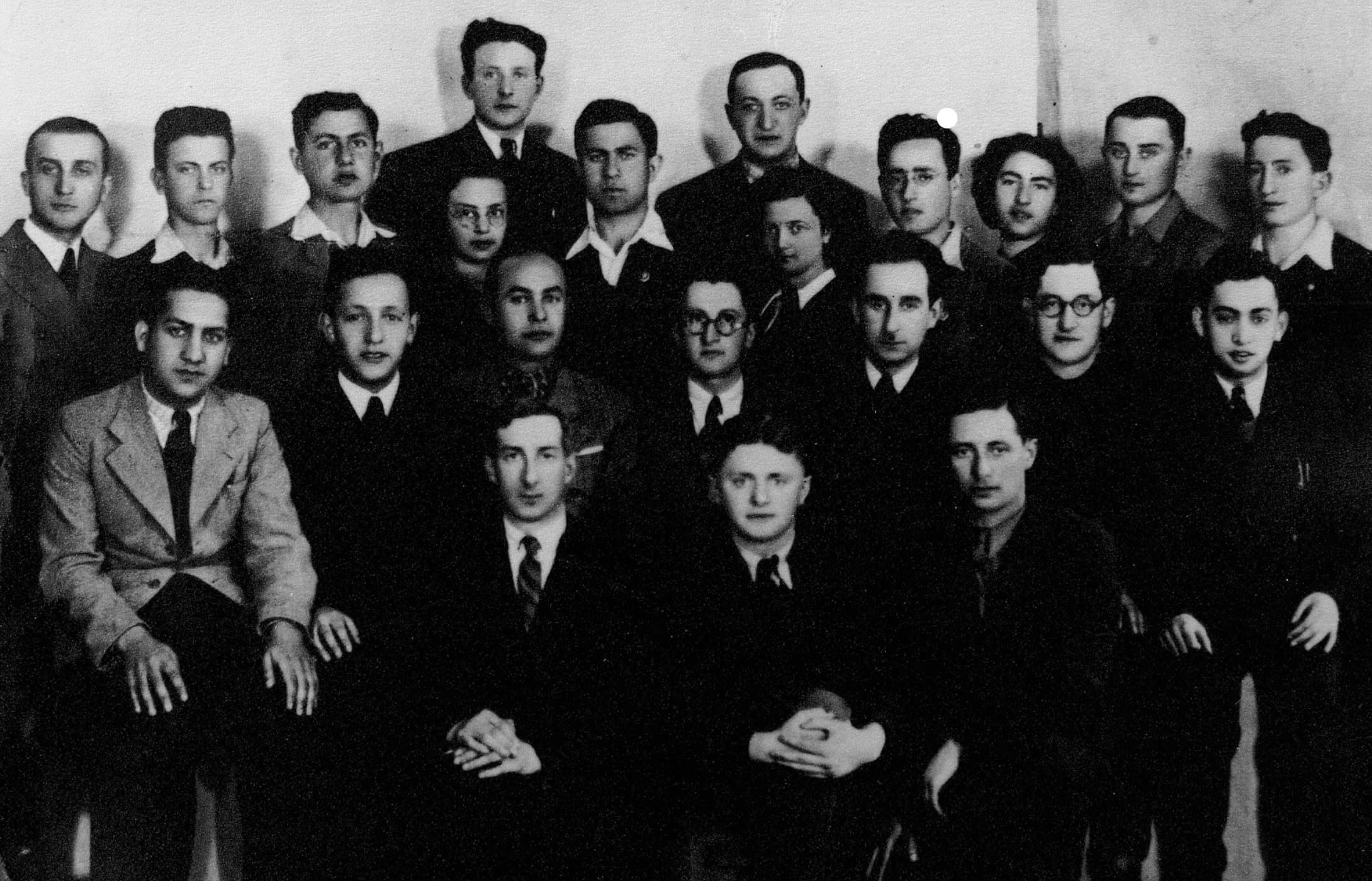
Then, on October 31st, 1939, less than three days after the Soviets handed Vilna over to the Lithuanians, serious riots broke out in the city, resulting in anti-Jewish violence. Jewish shops were destroyed, and scores of people were injured. The rioters were mostly Poles, and the Lithuanian forces at first did little to stop the violence. The authorities eventually re-established order.
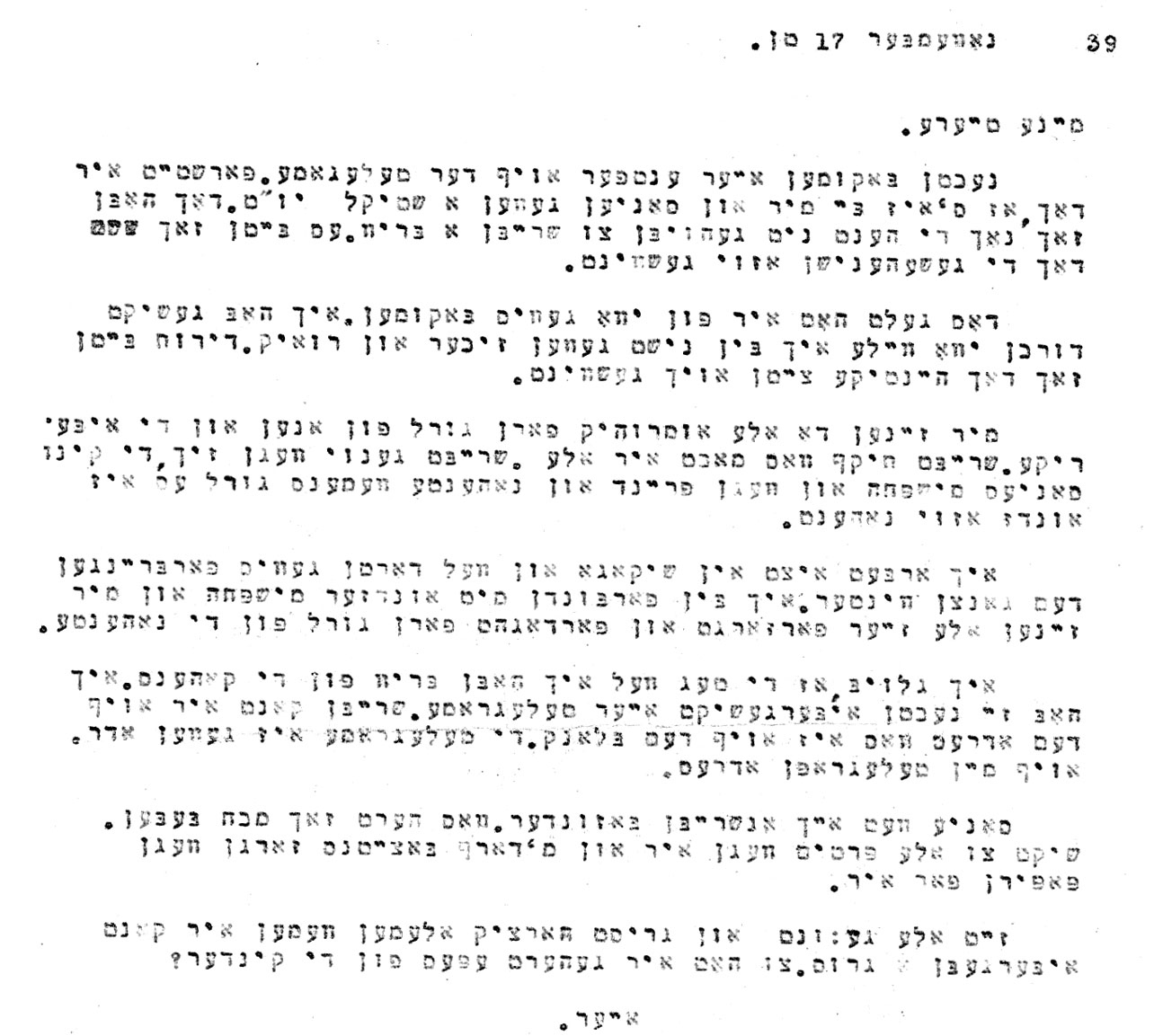
Letter from Lasar Epstein to family in Vilna, November 17, 1939. He says “We are so anxious about the fate of Anna and the others. Write immediately how you all are. Write expressly about yourselves, the Kinztanyes Family and any friends and close ones whose fate is so closely tied to ours.
I’m currently working in Chicago and will certainly spend the whole winter there. I am in contact with our family and we’re all very concerned and worried about the fate of our close ones.
Sonya will write to you separately. What do you hear regarding Beba. Send me all her details so that we can promptly arrange papers for her.”
Soon afterwards, the situation in the city stabilized.
Churchill becomes Prime Minister of Great Britain
While chaos and fighting followed in the rest of Poland, we continued our daily routines. It was strange. All the refugees were living in terrible conditions, with their lives upended, while I was planning my next summer’s trip to Minsk, in the USSR. We never imagined that the Nazi menace would affect us.
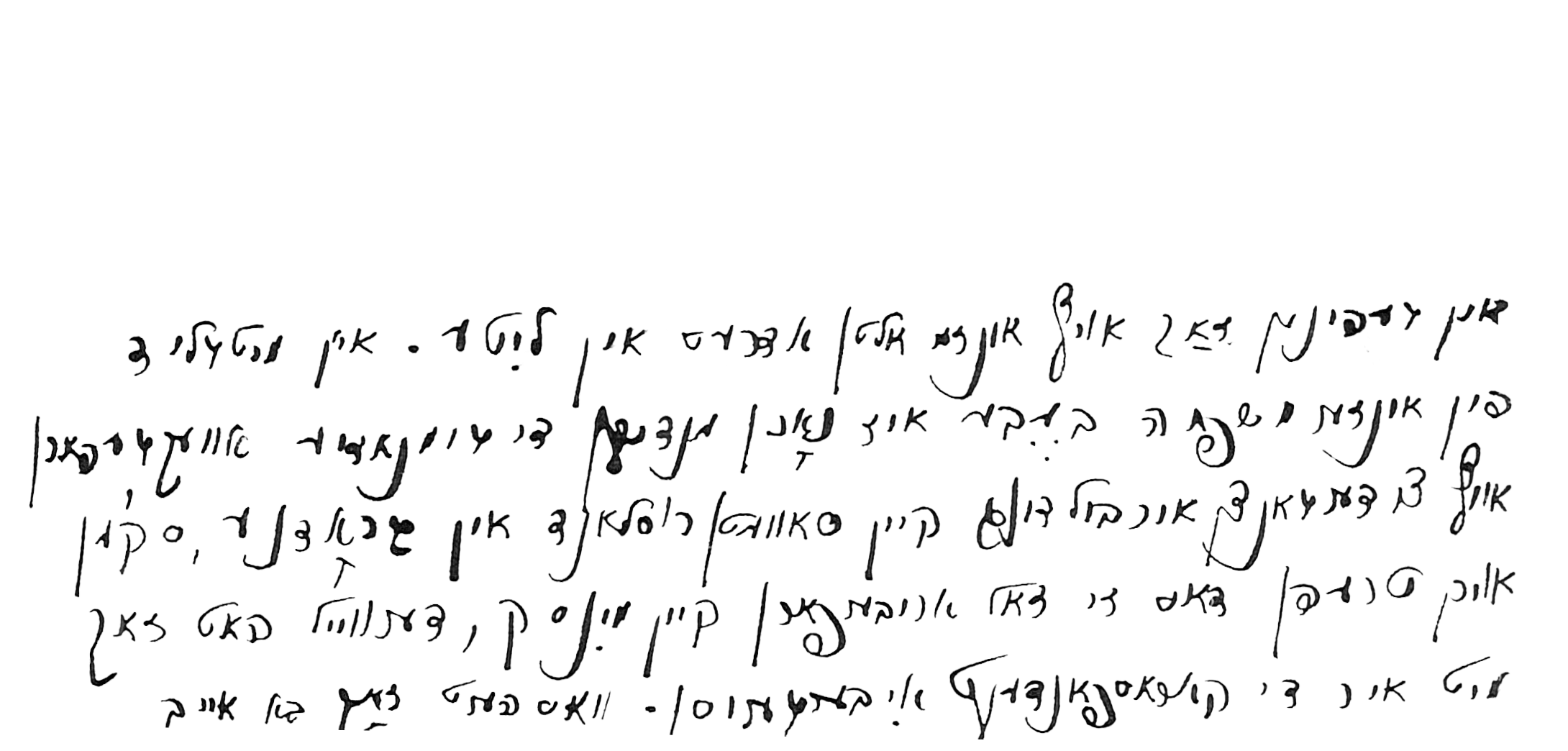
The Lithuanian government at that time guaranteed equality of rights for Jews. The Lithuanians allowed the kehillot (Jewish municipal council), that had been legalized under Polish rule, to remain in existence. But the council’s powers were more restricted. Though political, business, and organizational activity by Jews or other refugees from Poland was prohibited, it seemed like there was the possibility of a future for Jews as Primary Jewish schools from the Vilnius district, whether religious or secular, became Lithuanian state schools. My school, the Vilna Yiddish Real Gymnasium, was an exception. However, even at my school Polish language, literature, and history were replaced by Lithuanian language and history. The teachers remained the same, but the history that they taught was very different.
Everything changed again in June 1940. The Soviet forces reoccupied Lithuania and we became part of the USSR. The streets of Vilnius were once again full of Soviet soldiers and officials. New social and state institutions replaced the old ones.
For those Jews who wanted to leave Eastern Europe, the doors of the world remained closed. My family felt there was no imminent threat if we stayed in Vilnius. We were keeping our eyes open about what was going on. But it seemed to make sense to stay where we were.
